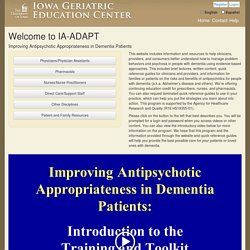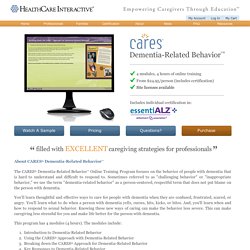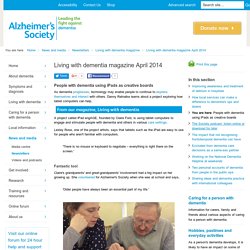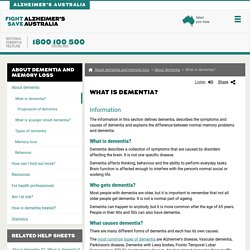

The changing market for food delivery. Online food-delivery platforms are expanding choice and convenience, allowing customers to order from a wide array of restaurants with a single tap of their mobile phone.

The business of delivering restaurant meals to the home is undergoing rapid change as new online platforms race to capture markets and customers across the Americas, Asia, Europe, and the Middle East. Although these new Internet platforms are attracting considerable investment and high valuations—already, five are valued at more than $1 billion—little real knowledge about market dynamics, growth potential, or customer behavior exists. Research from McKinsey, based on a six-month study covering 16 countries around the globe, provides insight into this fast-changing market. The shape of the market today Worldwide, the market for food delivery stands at €83 billion, or 1 percent of the total food market and 4 percent of food sold through restaurants and fast-food chains. Two tiers for online food delivery Aggregators Sidebar.
Joanna Macy — A Wild Love for the World. Food Data Made Simple. Chickenpox, chickenpox vaccination, and shingles. Welcome to IA-ADAPT. This website includes information and resources to help clinicians, providers, and consumers better understand how to manage problem behaviors and psychosis in people with dementia using evidence-based approaches.

This includes brief lectures, written content, quick reference guides for clinicians and providers, and information for families or patients on the risks and benefits of antipsychotics for people with dementia (a.k.a. Alzheimer’s disease and others). We’re offering continuing education credit for prescribers, nurses, and pharmacists. You can also request laminated quick reference guides to use in your practice, which can help you put the strategies you learn about into action. This program is supported by the Agency for Healthcare Research and Quality (R18 HS19355-01). Please click on the button to the left that best describes you. Online Dementia Training for Caregivers - HealthCare Interactive. About CARES® Dementia-Related Behavior™ The CARES® Dementia-Related Behavior™ Online Training Program focuses on the behavior of people with dementia that is hard to understand and difficult to respond to.

Sometimes referred to as "challenging behavior" or "inappropriate behavior," we use the term "dementia-related behavior" as a person-centered, respectful term that does not put blame on the person with dementia. You’ll learn thoughtful and effective ways to care for people with dementia when they are confused, frustrated, scared, or angry. You'll learn what to do when a person with dementia yells, curses, hits, kicks, or bites. ABC SuppMat. Arts 4 Dementia. Our Products - Designability. Living with dementia magazine April 2014 - Alzheimer's Society. As dementia progresses, technology may enable people to continue to express themselves and interact with others.

Danny Ratnaike learns about a project exploring how tablet computers can help. A project called iPad engAGE, founded by Claire Ford, is using tablet computers to engage and stimulate people with dementia and others in various care settings. Lesley Rose, one of the project artists, says that tablets such as the iPad are easy to use for people who aren't familiar with computers. 'There is no mouse or keyboard to negotiate – everything is right there on the screen.' Fantastic tool Claire's grandparents' and great-grandparents' involvement had a big impact on her growing up. 'Older people have always been an essential part of my life.' She explored creative activities for people with dementia through a Churchill Travelling Fellowship to the US in 2011, a trip Claire calls a 'massive turning point'. 'I had got my own iPad and thought it could be a fantastic tool.
Engaging activities. Nursing Home Toolkit. Alzheimer's Australia. The information in this section defines dementia, describes the symptoms and causes of dementia and explains the difference between normal memory problems and dementia.

What is dementia? Dementia describes a collection of symptoms that are caused by disorders affecting the brain. It is not one specific disease. Dementia affects thinking, behaviour and the ability to perform everyday tasks. Brain function is affected enough to interfere with the person’s normal social or working life. Who gets dementia? Most people with dementia are older, but it is important to remember that not all older people get dementia.
Dementia can happen to anybody, but it is more common after the age of 65 years. What causes dementia? There are many different forms of dementia and each has its own causes. Dementia Care Australia - Enabling Environments. ElderCare Online's Elder Caregiving Chatroom. Return to the ElderCare Online Homepage --- Scroll Down for the Chatroom --- - Read Our Privacy Policy - Sample Newsletters - Subscribe to the Caregiver's Beacon newsletter (free, no spam) - Community Standards of Conduct - Chat Help and FAQs - Chat Transcripts Now Available Selected Transcripts and Calendar of Upcoming Chats: - Chat transcripts are available in the ElderCare Support Center Our chatroom software has been upgraded!

You must keep this page open while you are chatting, otherwise you will get bounced out of the chatroom... This Chat Room provides general information that is for educational purposes only and should not be considered as offering medical advice.